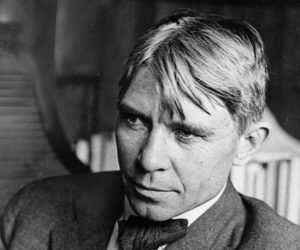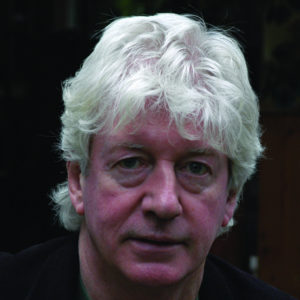We have decided to create the most comprehensive English Summary that will help students with learning and understanding.
The Tiny Teacher Summary Class 7 English An Alien Hand
The Tiny Teacher Summary in English
The ant is a very small insect, but it is very intelligent and hard-working. It is wiser than any fly or earthworm. The story of an ant’s life sounds almost untrue. But watching the behaviour of the commonest ant can teach us a lot.
The ants can be black or red. They live comfortably, in large and high homes called ‘nests’ or ‘anthills’. Each home has hundreds of rooms and paths. In some of these rooms the queen ant lays eggs. Other rooms are used as nurseries for the young ones called ‘grubs’. Workers and soldiers have separate rooms. Some rooms are used as store houses. No worker can hurt a younger. They live in peace. Each one does its share of work intelligently and bravely.
The queen ant is the head of the family. It lives for about 15 years. It has a pair of wings which it bites off after its wedding flight. And then it does nothing but lay eggs.
Eggs are hatched. Grubs are out. Workers feed and clean them. They are carried about daily for airing and sun bath. A couple of weeks lets grubs become cocoons which break in three weeks. Perfect ants appear. They have to be trained to do their duties.
The ants use their feelers to talk to other ants. They pass on messages through them.
An anthill is a home not for ants alone. Some other creatures like beetles and the green fly also live in it. Some of them give out sweet smell while others give sweet juices. The green fly gives them milk.
Human beings can learn a lot from this small teacher. We can learn from them hard work, sense of duty and discipline, cleanliness, loyalty and care for the young ones.
The Tiny Teacher Summary in Hindi
चींटी बहुत छोटी कीटाणु होती है पर वह बहुत समझदार और परिश्रमी होती है। वह किसी भी मक्खी या केंचुए से अधिक बुद्धिमान होती है। चींटी के जीवन की कहानी बिल्कुल सच नहीं लगती। पर इस चींटी के आचरण को देखने से हम बहुत कुछ सीख सकते हैं।
चींटियाँ काली या लाल होती हैं। वे आराम से लम्बे चौड़े और ऊँचे घरों में रहती हैं जिन्हें घोंसला या टीला कहते हैं। हर घर में सैकड़ों कमरे तथा मार्ग होते हैं। इनमें से कुछेक कक्षों में रानी चींटी अपने अण्डे देती है। अन्य कक्षों में नवजात बच्चों का पालन पोषण होता है। कर्मी तथा सैनिक चींटियाँ अलग-अलग कक्षों में रहती हैं। कुछ कक्ष भण्डार घर का काम करते हैं। कोई भी कर्मी किसी बच्चे को चोट नहीं पहुँचा सकता। वे शांति से रहते हैं। प्रत्येक अपने हिस्से का काम समझदारी और वीरतापूर्वक करती है।
रानी चींटी परिवार की प्रमुख होती है। वह लगभग 15 वर्ष तक जीवित रहती है। उसके दो पंख होते हैं जिन्हें वह अपने विवाह के पश्चात काटकर फेंक देती है। और फिर उसका एक मात्र काम होता है अण्डे देना।
अण्डों को सेते हैं। उनमें से शिशु निकलते हैं। कर्मी चींटियाँ उन्हें भोजन खिलाती हैं तथा उनकी सफाई करती हैं। वे उन्हें हर दिन हवा तथा धूप स्नान के लिये बाहर ले जाती हैं। एक दो सप्ताह पश्चात वे शिशु खोल में बदल जाते हैं जो तीन सप्ताह पश्चात फूटते हैं। फिर पूरी चींटी उनमें से निकल आती है। उन्हें अपना-अपना काम सीखने के लिये प्रशिक्षण दिया जाता है।
चींटियाँ अपने फीलर्स के द्वारा अन्य चींटियों से बातें करती हैं तथा उन्हें संदेश देती हैं।
चींटियों का टीला एक घर होता है जिसमें केवल चींटियाँ ही नहीं रहती हैं बल्कि कुछ अन्य जीव जैसे बीटल्स (बरेला) और ग्रीन फ्लाई भी उसमे रहते हैं। उनमें से कुछेक तो सुगन्ध देते हैं तथा अन्य मधुर रस देती है। ग्रीन फ्लाई उन्हें दूध देती है।
मनुष्य इस छोटी-सी शिक्षिका से कई गुण सीख सकते हैं, हम उनसे परिश्रम करना, कर्त्तव्य पालन करना, अनुशासन, स्वच्छता, वफादारी तथा शिशुओं की देखभाल करना सीख सकते हैं।



